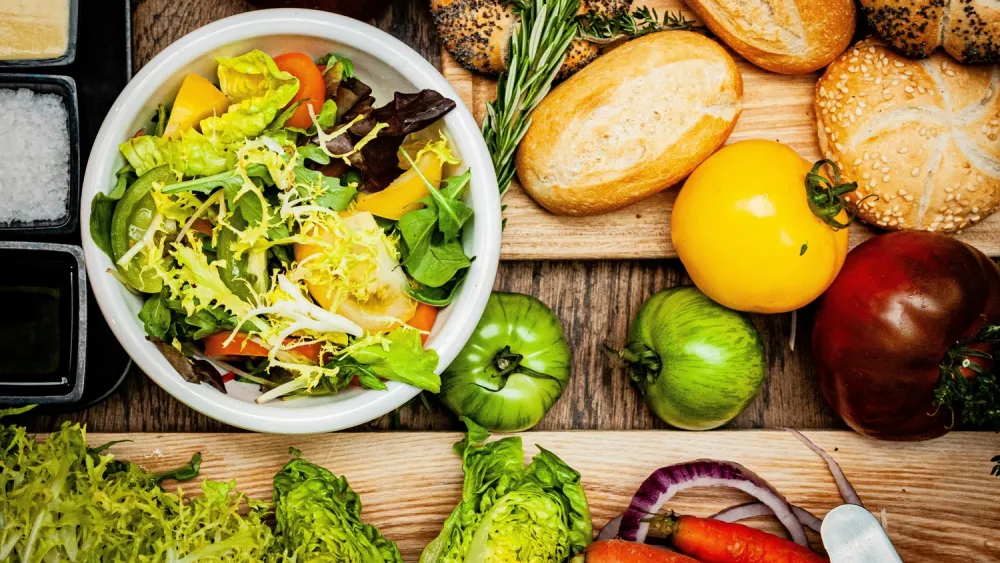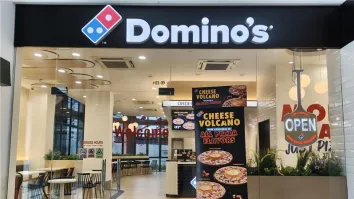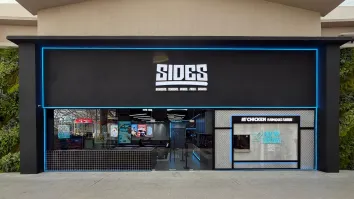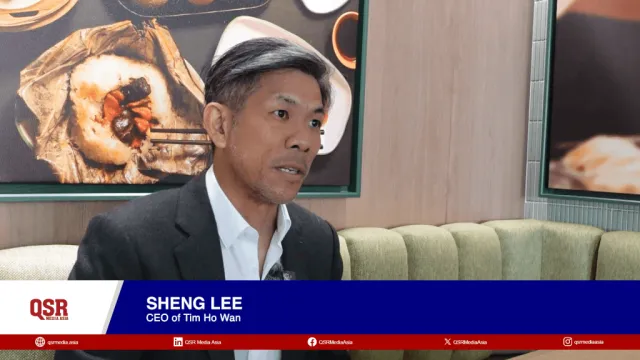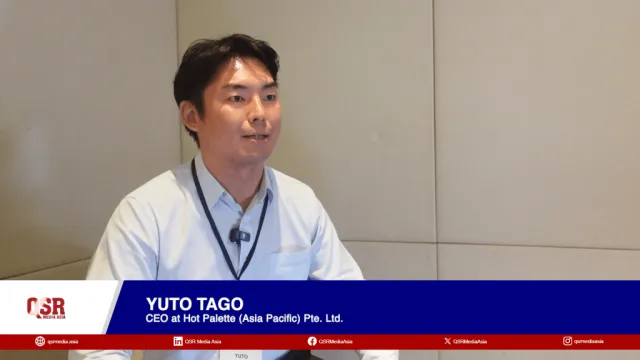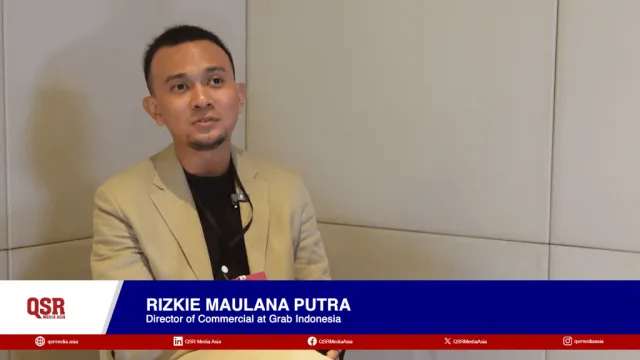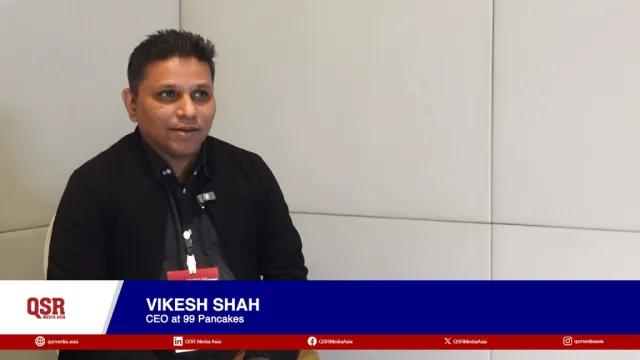Demand for convenient food drives PH QSR market
Evolving lifestyle demands and strategic marketing are reshaping the Philippines' fast-food industry.
The Philippines' quick service restaurant (QSR) industry is expected to reach $7.9 billion by 2026, driven by the increasing demand for convenience food, attributed to the fast-paced and stressful lifestyle of Filipinos based on the Philippines' QSR industry report of Allied Market Research.
Shankar Bhandalkar, Assistant Research Manager for Food and Beverage at Allied Market Research, cited that the number of foodservice outlets skyrocketed in the Philippines from around 76,000 in 2012 to 93,000 by 2018.
According to Bhandalkar, the surge is also fueled by the introduction of customer loyalty programs, weekly specials, and a variety of regional cuisines that attract customers to these establishments. "Strategic promotional activities of fast food operators are vital in driving the growth of these products in the country," he said.
Another significant aspect contributing to the market’s expansion is the implementation of effective pricing strategies and the rise of the millennial population. The increasing use of social media marketing is also expected to play a major role in driving future demand.
Bhandalkar mentioned that the QSR market in the Philippines is highly competitive, with both regional and international players vying for market share. He pointed out that the pricing structure is a major differentiator among these players.
"Considering the Filipinos' price-conscious approach, key operators have initiated strategies such as seasonal discounts and customer loyalty programs, which drive more customers to their outlets," he explained.
Customer loyalty programs have become a crucial aspect of customer retention in the Philippines. These programs offer rewards and incentives for repeat business, creating a sense of exclusivity and appreciation among customers.
"Similarly, seasonal discounts that leverage cultural festivities tap into Filipinos' love for celebrations," Bhandalkar said. By combining loyalty programs with strategically timed discounts and customer engagement, QSRs foster strong brand loyalty. He cited the example of Jollibee Group in the Philippines, which provides exclusive perks to loyal customers and encourages frequent visits, particularly during festive seasons.
The personalised benefits from these loyalty programs, coupled with the anticipation of seasonal promotions, contribute significantly to customer retention in this dynamic market. "During Christmas, brands offer limited-time discounts or special promotions, creating a sense of urgency and excitement that further reinforces customer loyalty," Bhandalkar mentioned.
